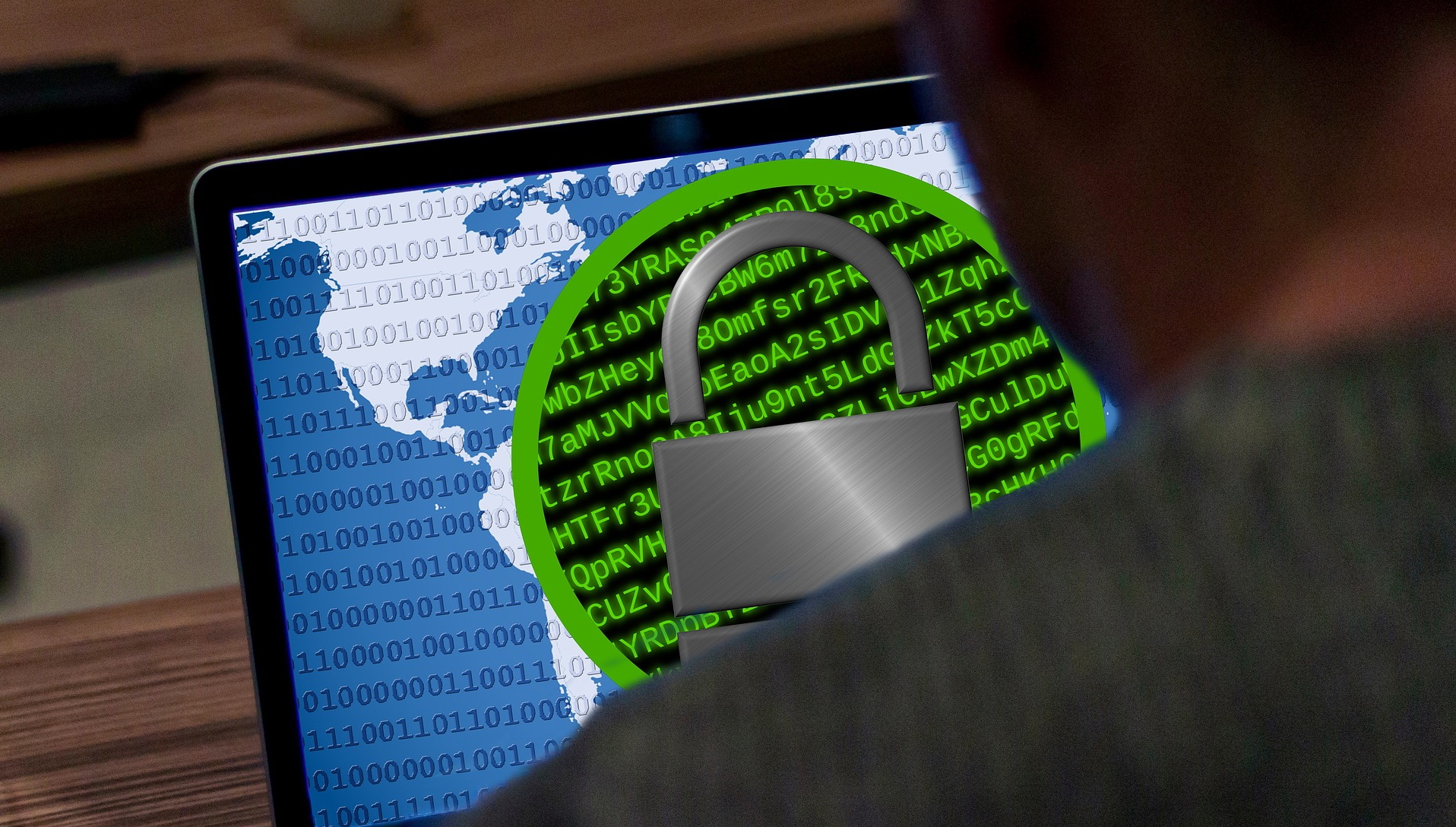The Medusa ransomware group is getting serious
Medusa puts itself on the map with a new attack

A ransomware operator that’s been keeping a low profile for the past couple of years has struck gold after a string of successful and high-profile ransomware attacks on corporate victims.
Per BleepingComputer, the threat group known as Medusa dates back to June 2021, but it has only just entered the spotlight after its recent attack on the Minneapolis Public Schools (MPS) district.
Various sources claim the group has demanded $1 million in exchange for the decryption key, with negotiations still ongoing. Now, MPS has until March 17 to pay up, or face having its sensitive data leaked to the public via a dedicated blog.
Identity crisis
If the group plans on being more active, though, it might want to consider rebranding. There are multiple other threat actors going by the name Medusa, which resulted in confusing media reports, BleepingComputer states.
Such examples include an entirely different ransomware group called MedusaLocker, a piece of Android malware called Medusa, and a Medusa botnet based on the infamous Mirai.
The MedusaLocker ransomware group is thought to be two years older than Medusa, as the first reports of its activity started appearing in 2019. It is a Ransomware-as-a-Service group, with multiple affiliates using the service to target corporate victims.
The two groups also differ in the ransom notes they leave. While MedusaLocker leaves a .HTML file named How_to_back_files, Medusa leaves a .TXT file titled !!!READ_ME_MEDUSA!!!.
Are you a pro? Subscribe to our newsletter
Sign up to the TechRadar Pro newsletter to get all the top news, opinion, features and guidance your business needs to succeed!
What’s more, Medusa encrypts files with the .MEDUSA file extension, while MedusaLocker uses a wide variety of extensions.
- Here's our list of the best firewalls right now
Via: BleepingComputer
Sead is a seasoned freelance journalist based in Sarajevo, Bosnia and Herzegovina. He writes about IT (cloud, IoT, 5G, VPN) and cybersecurity (ransomware, data breaches, laws and regulations). In his career, spanning more than a decade, he’s written for numerous media outlets, including Al Jazeera Balkans. He’s also held several modules on content writing for Represent Communications.